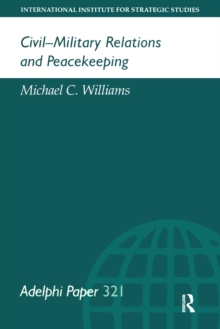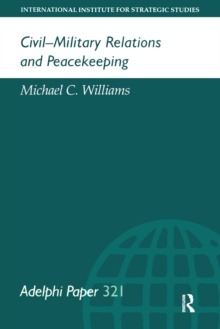
Protracted Refugee Situations : Domestic and International Security Implications PDF
by Gil Loescher, James Milner
Part of the Adelphi series series
Description
Protracted refugee populations not only constitute over 70% of the world's refugees but are also a principal source of many of the irregular movements of people around the world today.
The long-term presence of refugee populations in much of the developing world has come to be seen by many host states in these regions as a source of insecurity. In response, host governments have enacted policies of containing refugees in isolated and insecure camps, have prevented the arrival of additional refugees and, in extreme cases, have engaged in forcible repatriation.
Not surprisingly, these refugee populations are also increasingly perceived as possible sources of insecurity for Western states.
Refugee camps are sometimes breeding grounds for international terrorism and rebel movements.
These groups often exploit the presence of refugees to engage in activities that destabilise not only host states but also entire regions.
Information
-
Download - Immediately Available
- Format:PDF
- Pages:96 pages
- Publisher:Taylor & Francis Ltd
- Publication Date:05/11/2013
- Category:
- ISBN:9781136622236
Other Formats
- Hardback from £160.00
- EPUB from £32.39
- Paperback / softback from £35.99
Information
-
Download - Immediately Available
- Format:PDF
- Pages:96 pages
- Publisher:Taylor & Francis Ltd
- Publication Date:05/11/2013
- Category:
- ISBN:9781136622236










